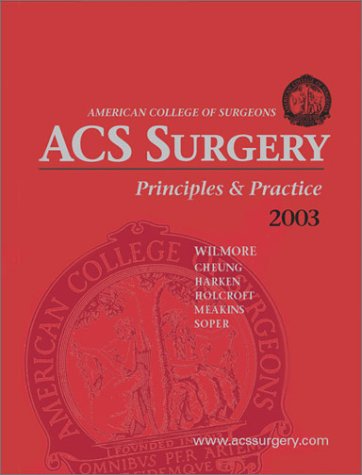

Most ebook files are in PDF format, so you can easily read them using various software such as Foxit Reader or directly on the Google Chrome browser.
Some ebook files are released by publishers in other formats such as .awz, .mobi, .epub, .fb2, etc. You may need to install specific software to read these formats on mobile/PC, such as Calibre.
Please read the tutorial at this link: https://ebookbell.com/faq
We offer FREE conversion to the popular formats you request; however, this may take some time. Therefore, right after payment, please email us, and we will try to provide the service as quickly as possible.
For some exceptional file formats or broken links (if any), please refrain from opening any disputes. Instead, email us first, and we will try to assist within a maximum of 6 hours.
EbookBell Team

5.0
90 reviewsUniquely organized by presenting complaint, ACS Surgery responds to the way a practicing surgeon sees patients and solves problems. More than 60 algorithms diagram the diagnostic and therapeutic pathways for virtually every condition of interest to general surgeons. Illustrated in color throughout. Print subscribers receive a free 3-month trial to the online text and update service and are then eligible for preferred pricing for online subscriptions beyond the 3-month trial. The 2003 volume contains 40% new and revised material including completely new technique chapters on open esophagectomy, laparoscopic adrenalectomy, laparoscopic donor nephrectomy, hepatic resection, and infrainguinal arterial procedures. In addition, new procedures have been added to the existing minimally invasive esophageal procedures and video-assisted thoracic surgery chapters. There are also new chapters on outpatient surgery and fast track surgery. For some time there have been growing pressures on surgeons to deliver care more efficiently (e.g., at lower cost and with shorter hospital stays). These chapters present guidelines for determining which patients are candidates for more streamlined approaches and for making sure quality of surgical care is maintained. And lastly, an all-new chapter on risk stratification contains the most current data on risk assessment in general surgical patients.